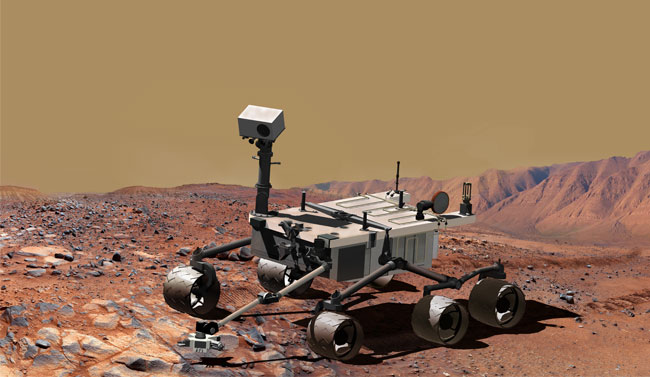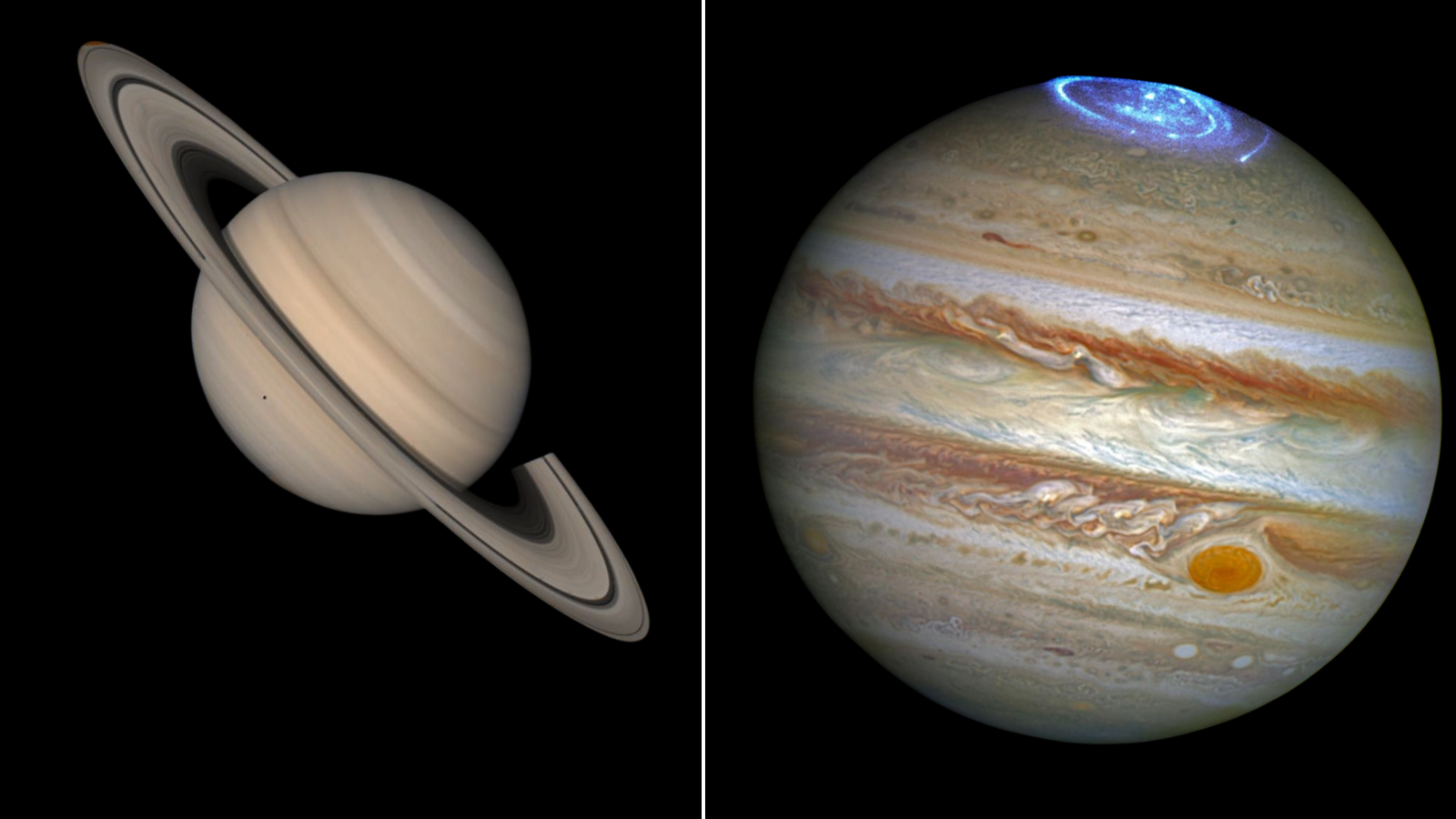Budget Fixes Return Instrument Pair to NASA's Mars Science Laboratory

WASHINGTON - Two instruments that were cast off NASA's MarsScience Laboratory for being over budget have earned their way back ontothe mission, which is scheduled for an August 2009 launch, according to the U.S. space agency's science chief.
NASAannounced in September that it was scaling back some of MarsScience Laboratory's capabilities in order to keep the $1.7 billion rovermission on track.
Seekingto avoid writing another $75 million check for the already over-budget mission,NASA scuttled a descent camera designed to capture color video of theapproaching martian surface and refused to provide any money beyond 2007 for Chem-Cam,a laser instrument that has exceeded its budget by 70 percent.
ButAlan Stern, NASA's associate administrator for science, told Space Newsthat the Chem-Cam and the Mars Descent Imager (MARDI) programs have since foundsolutions to their budget quandaries and were back on the manifest.
"WhenChem-Cam and MARDI figured out that we really meant that MARDI wasn't going tofly and Chem-Cam wasn't getting any more money, they came back to us with a wayto do it without any significant money from us," Stern said in aninterview.
Inthe case of MARDI, the camera's designer and principal investigator, Mike Malinof San Diego-based Malin Space Systems, offered to finish the instrument at hisown expense. NASA plans to pay for installing MARDI aboard the Mars ScienceLaboratory using money it had planned to give Malin to process and analyzeimagery from an identical camera launched aboard the MarsPhoenix Lander this summer.
Thosefunds are no longer needed, Stern said, due to a data-handling problemdiscovered shortly before launch that will limit Phoenix to taking just onepicture with the camera. "The combination of him finishing on his own dimeand giving back the Phoenix money ended up costing us nothing for flying MARDI,so of course we will do it," Stern said.
Breaking space news, the latest updates on rocket launches, skywatching events and more!
TheChem-Cam team, led by the Los Alamos National Laboratory in New Mexico, alsodug deep to solve its budget problems. The instrument emerged from the MarsScience Laboratory's critical design review more than 70 percent over budgetand still in need of $2.5 million to finish development and $1.3 millionfor integration with the rover
Sternpledged to find the money for integration if the team could figure a way tofinish the Chem-Cam without extra funding from NASA.
TheChem-Cam team solved $1.5 million of its budget problem through increasedcontributions from its French colleagues and by simplifying its work plan -Stern described it as "separating the icing from the cake in terms of thework to go."
Thedirector of Los Alamos, meanwhile, agreed to back his principal investigatorwith about $600,000. "This left an unfunded amount of about$400,000," Stern said. "I declared victory. We had succeeded ineliminating over 80 percent of the problem."
Sternsaid he plans to cover the cost of Chem-Cam's integration out of some $2million NASA's Science Mission Directorate saved by getting Phoenix off at thevery start of its three-week launch window.
- VIDEO: NASA's Phoenix Lander: Rising to the Red Planet
- VIDEO: Mars Rover Team Ponders Mission's End
- Mars Rover Special Report
Brian Berger is the Editor-in-Chief of SpaceNews, a bi-weekly space industry news magazine, and SpaceNews.com. He joined SpaceNews covering NASA in 1998 and was named Senior Staff Writer in 2004 before becoming Deputy Editor in 2008. Brian's reporting on NASA's 2003 Columbia space shuttle accident and received the Communications Award from the National Space Club Huntsville Chapter in 2019. Brian received a bachelor's degree in magazine production and editing from Ohio University's E.W. Scripps School of Journalism.
